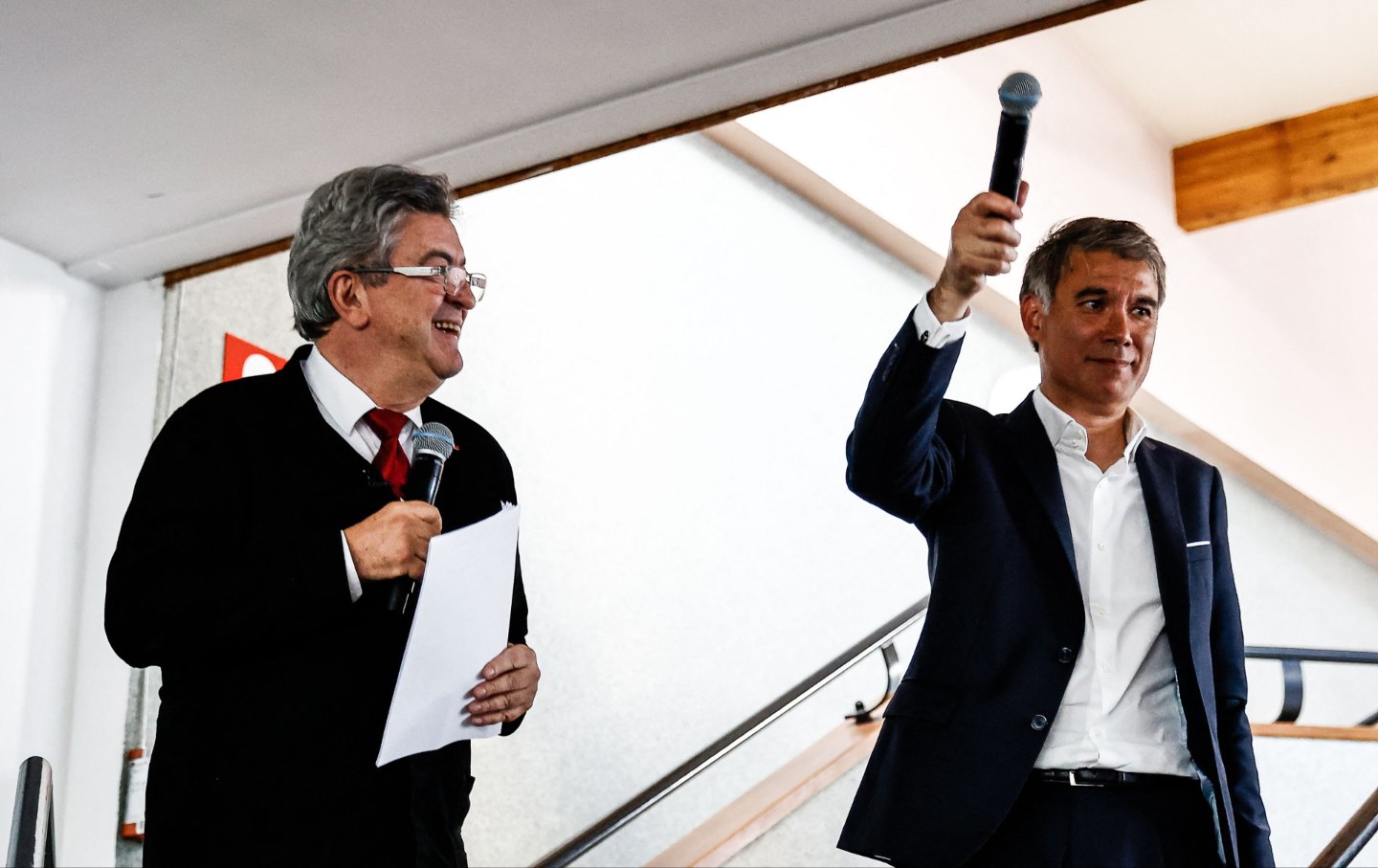The Crisis Engulfing the French Left

```html
Fractured Front: The Rise and Fall of France's Left Alliance
A Coalition on Life Support
Remember those heart-filled posters declaring "We'll argue later"? A rallying cry for French leftists last summer, it now echoes with a haunting irony. The New Popular Front (NFP), once a beacon of hope against the far-right, teeters on the brink of collapse.
“The NFP isn’t dead, but it’s on life support,” laments Green MP Sandrine Rousseau, capturing the precarious state of the coalition.
From Triumph to Turmoil
Just seven months ago, the NFP, comprised of France Unbowed (LFI), the Socialist Party, the Greens, and the Communist Party, celebrated an unexpected victory in legislative elections. This victory blocked the far-right's path to power. However, internal tensions, fueled by Macron's rejection of a left-wing prime minister and clashing political strategies, quickly began to fester.
Disappointing election results, including a loss to Macronists and a right-wing victory in a traditionally communist suburb, further strained the coalition. The tipping point arrived with Prime Minister Bayrou's controversial use of Article 49.3 to force through the government's budget, bypassing parliamentary debate.
The Budgetary Breaking Point
Bayrou's maneuver mirrored a similar move by his predecessor, but with a crucial difference: This time, the NFP fractured. While LFI championed a no-confidence motion, the Socialists balked, prioritizing budget stability and extracting concessions from the right. This rift ignited accusations of betrayal from LFI and counter-accusations of irresponsibility from the Socialists, with former president Hollande even declaring LFI "incapable of leading the left to power."
Internal Divisions and the Mélenchon Factor
The Socialist Party’s internal struggles add another layer of complexity. Political science professor Remi Lefebvre highlights the inherent fragility of the alliance, stemming from longstanding ideological differences and personal rivalries between Socialist factions.
“There’s an opposition to La France Insoumise within the Socialist Party that’s very strong,” Lefebvre says. “A share of the party is moderate on economic questions and thinks LFI’s platform is too left-wing."
Meanwhile, within LFI, former MP Raquel Garrido points a finger at Jean-Luc Mélenchon's renewed presidential ambitions. "It’s my intimate conviction that M\u00e9lenchon regretted the creation of the NUPES,” she reveals. According to Garrido, Mélenchon's focus shifted from bolstering the alliance to strategically dismantling it in pursuit of a fourth presidential bid.
A Future in Doubt
Compounding these internal struggles, divisive issues like the Hamas attacks and accusations of antisemitism further fractured the left's public image and fueled internal suspicion. Today, with Macron potentially dissolving the National Assembly, the left faces a dire electoral outlook. The question remains: Can a fractured left unite against a rising far-right, or will internal divisions pave the way for Le Pen's ascendance?
"With the far right on the rise," Green MP Rousseau warns, "the question we’re facing is are we going to be the stupidest left in the world or not? Or are we actually going to be one the most intelligent lefts in the world?"